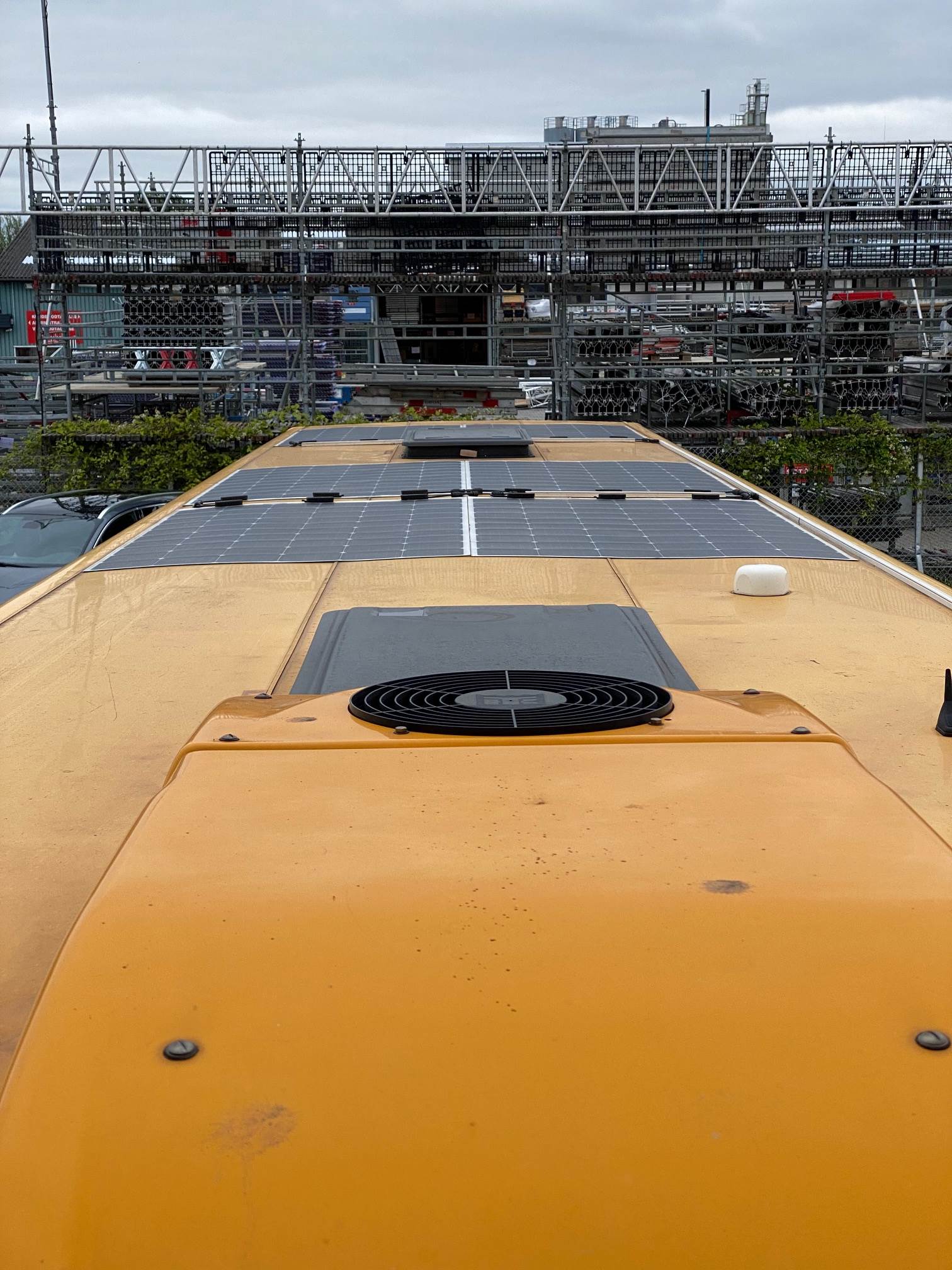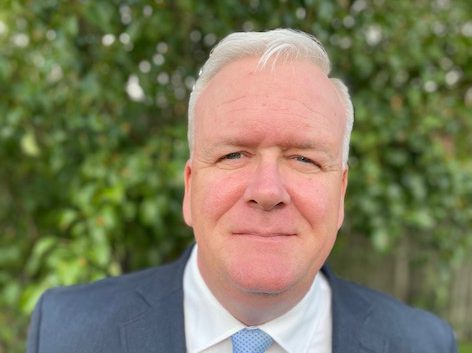Context: Putting solar panels to the test for green mobility
Incorporating solar into the energy mix of public transport vehicles and infrastructure has long been an ambition of many operators. Solar radiation is historically a stable source of energy, with solar cell technology being thoroughly tested and widely considered safe. As an investment, solar energy represents an environmentally friendly option to reduce greenhouse gas emissions — an obvious choice as a supplement to the energy consumption of special vehicles in a drive towards green mobility. A bus roof has a large, otherwise unutilized surface that offers great potential for energy supplementation by installing solar panels. The only thing left to do was put it to the test.


